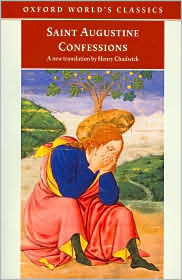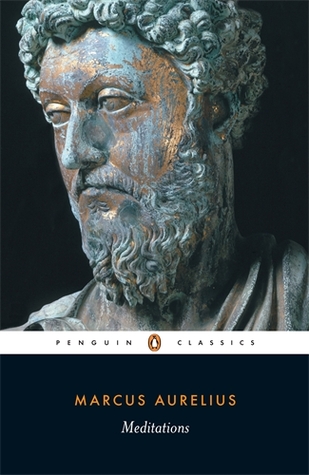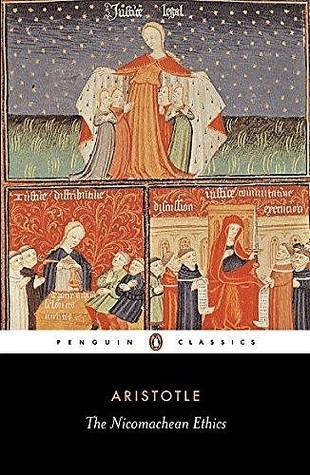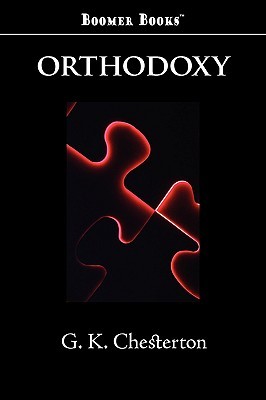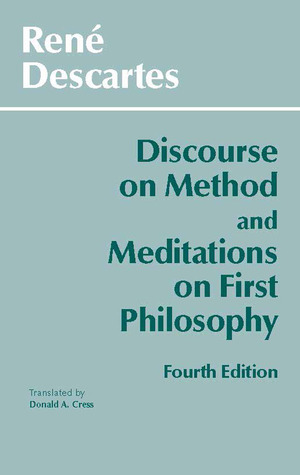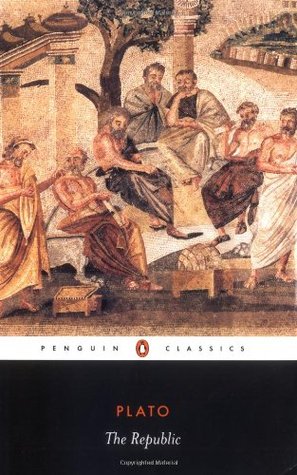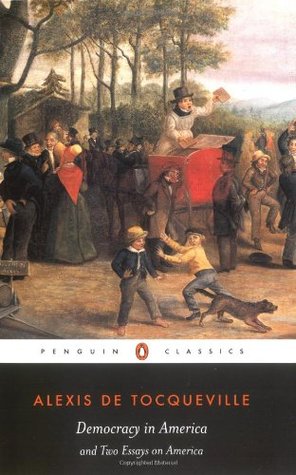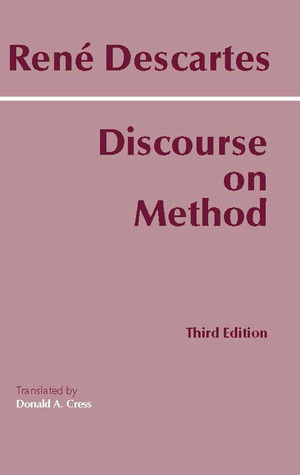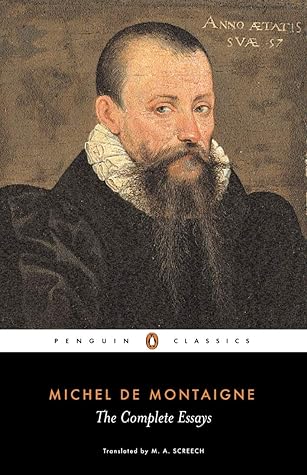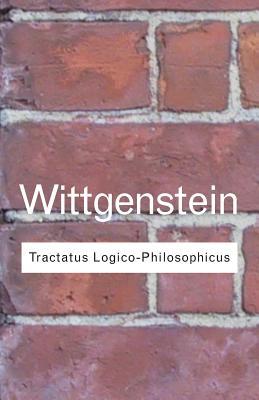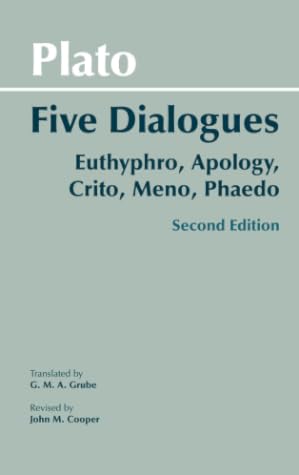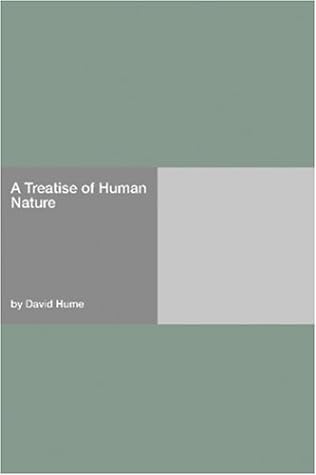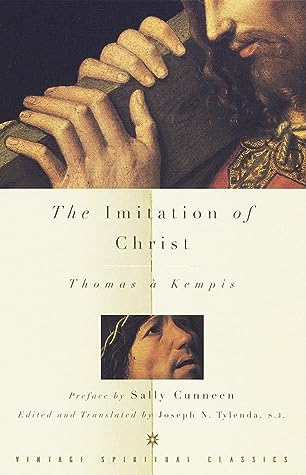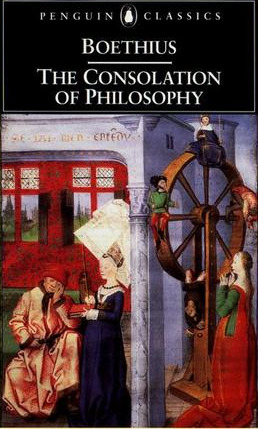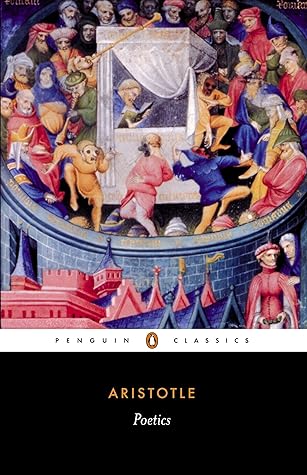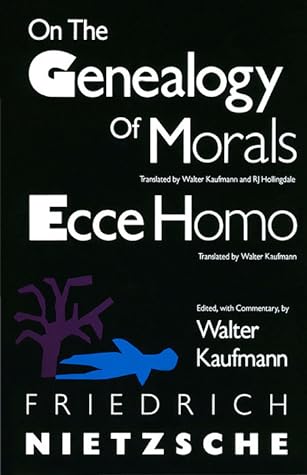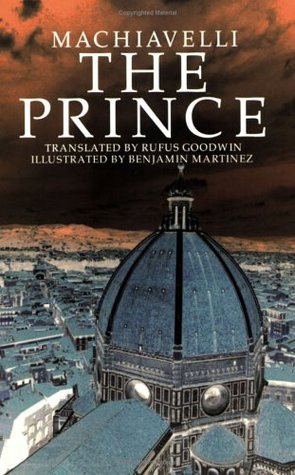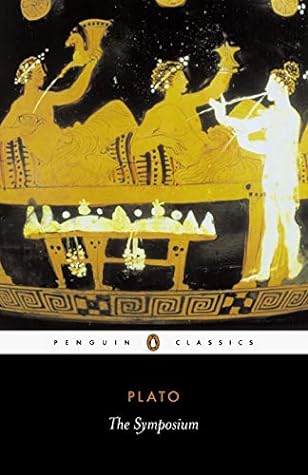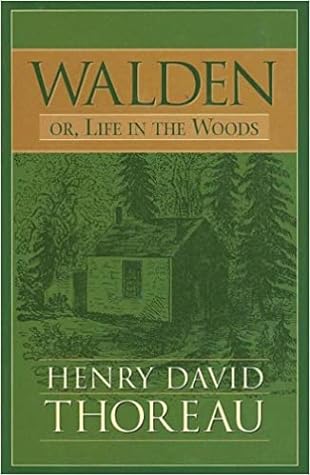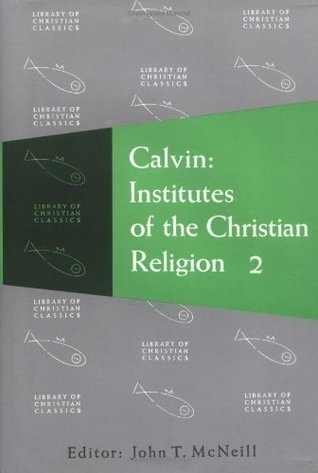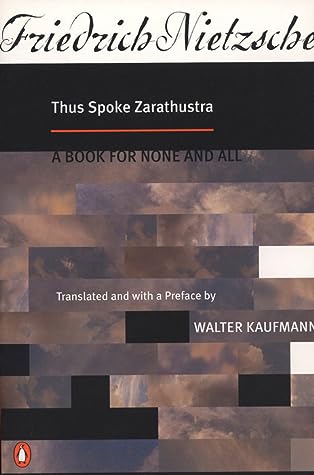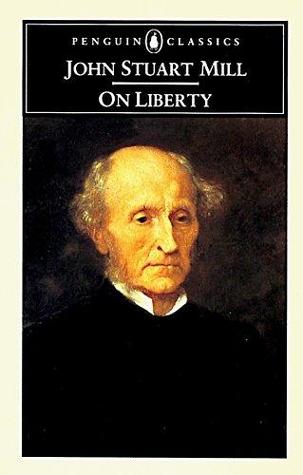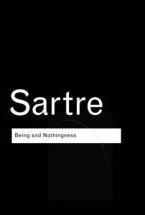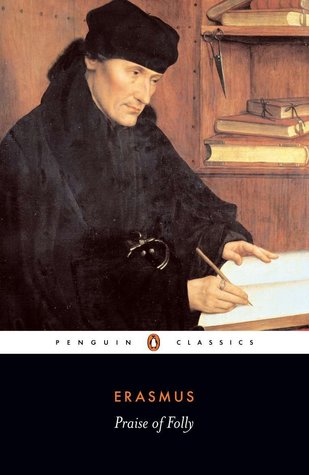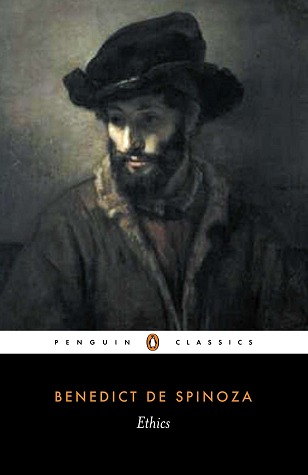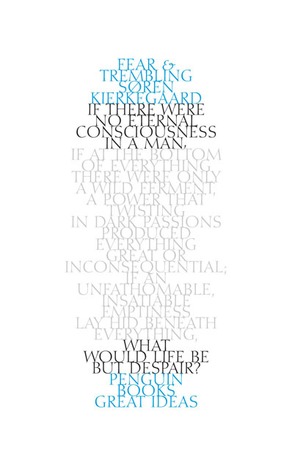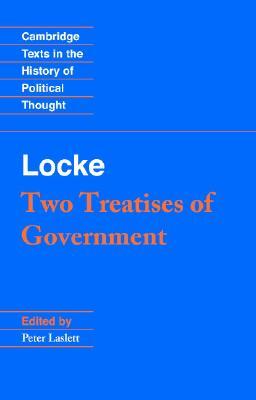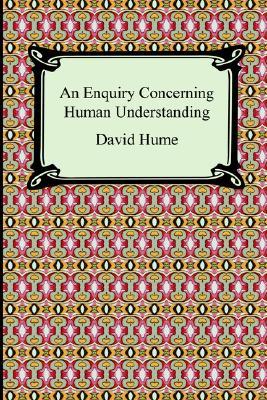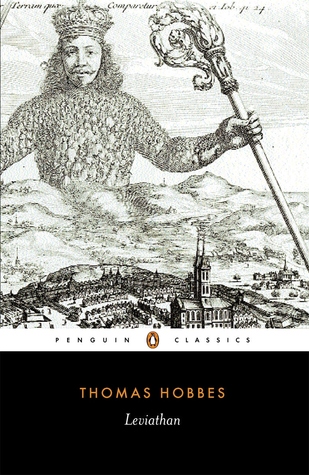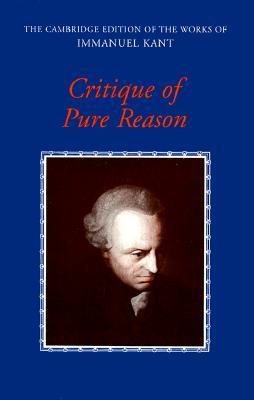Powered by a book like {foo}
Recommendations based on Penséesby Blaise Pascal
* statistically, based on millions of data-points provided by fellow humans
Confessions
by Augustine of Hippo
A spiritual autobiography tracing Augustine's journey from youthful excess to Christian faith.
Augustine's Confessions is one of the most influential and most innovative works of Latin literature. Written in the author's early forties in the last years of the fourth century A.D. and during his ... (Goodreads)
Meditations
by Marcus Aurelius
Reflections on Stoic philosophy, exploring the nature of existence and how to live life.
Written in Greek by the only Roman emperor who was also a philosopher, without any intention of publication, the Meditations of Marcus Aurelius offer a remarkable series of challenging spiritual ... (Goodreads)
The Nicomachean Ethics
by Aristotle
An exploration of virtue and morality, providing guidance on how to live a good life.
‘One swallow does not make a summer; neither does one day. Similarly neither can one day, or a brief space of time, make a man blessed and happy’ In the Nicomachean Ethics , Aristotle sets out to ... (Goodreads)
Orthodoxy
by G.K. Chesterton
An exploration of the spiritual and moral foundations of Christianity.
This book is meant to be a companion to "Heretics," and to put the positive side in addition to the negative. Many critics complained of the book because it merely criticised current philosophies ... (Goodreads)
Discourse on Method and Meditations on First Philosophy
by René Descartes
Philosophical treatise on the nature of knowledge and reality, examining the limits of human understanding.
La figura de Descartes como filósofo no ha sido objeto de unánime interpretación. Sobre todo en la actualidad se juzga y pondera su obra. no menos que su personalidad, de manera diferente. Para ... (Goodreads)
The Republic
by Plato
A philosophical discourse on justice, examining morality, politics, and virtue.
Presented in the form of a dialogue between Socrates and three different interlocutors, this classic text is an enquiry into the notion of a perfect community and the ideal individual within it. ... (Goodreads)
Democracy in America
by Alexis de Tocqueville
A study of the political and social structure of the United States and its implications.
Democracy in America has had the singular honor of being even to this day the work that political commentators of every stripe refer to when they seek to draw large conclusions about the society of ... (Goodreads)
Discourse on Method
by René Descartes
Philosophical exploration of the power of human reason and the nature of reality.
By far the most widely used translation in North American college classrooms, Donald A. Cress's translation from the French of the Adam and Tannery critical edition is prized for its accuracy, ... (Goodreads)
The Complete Essays
by Michel de Montaigne
Collection of essays exploring diverse topics, from philosophy to morality.
Michel de Montaigne was one of the most influential figures of the Renaissance, singlehandedly responsible for popularising the essay as a literary form. This Penguin Classics edition of The Complete ... (Goodreads)
Tractatus Logico-Philosophicus
by Ludwig Wittgenstein
A philosophical treatise on language, logic, and the limits of human understanding.
Perhaps the most important work of philosophy written in the twentieth century, Tractatus Logico-Philosophicus was the only philosophical work that Ludwig Wittgenstein published during his life. ... (Goodreads)
Five Dialogues: Euthyphro, Apology, Crito, Meno, Phaedo
by Plato
Classic dialogues exploring the nature of morality, justice, knowledge, and death.
The second edition of Five Dialogues presents G. M. A. Grube's distinguished translations, as revised by John Cooper for Plato, Complete Works (Hacket, 1997). Cooper has also contributed a number of ... (Goodreads)
A Treatise of Human Nature
by David Hume
Exploration of the nature of human understanding, and how it affects moral judgement.
A Treatise of Human Nature (1739-40), David Hume's comprehensive attempt to base philosophy on a new, observationally grounded study of human nature, is one of the most important texts in Western ... (Goodreads)
The Imitation of Christ
by Thomas à Kempis
A spiritual guidebook advocating turning away from worldly concerns and focusing on the divine.
Only the Bible has been more influential as a source of Christian devotional reading than The Imitation of Christ. This meditation on the spiritual life has inspired readers from Thomas More and St. ... (Goodreads)
The Consolation of Philosophy
by Boethius
A philosophical journey of self-reflection, exploring the true nature of happiness and existential purpose.
Boethius was an eminent public figure under the Gothic emperor Theodoric, and an exceptional Greek scholar. When he became involved in a conspiracy and was imprisoned in Pavia, it was to the Greek ... (Goodreads)
Poetics
by Aristotle
A philosophical treatise on the nature of tragedy and its effects on audiences.
‘The plot is the source and the soul of tragedy’ In his near-contemporary account of Greek tragedy, Aristotle examines the dramatic elements of plot, character, language and spectacle that combine to ... (Goodreads)
On the Genealogy of Morals / Ecce Homo
by Friedrich Nietzsche
Philosophical examination of power, morality, and the history of human values.
The Genealogy of Morals consists of three essays exploring morality and its origins where Nietzsche makes ample use of his training as a philologist. These works contain Nietzsche's most thorough and ... (Goodreads)
The Prince
by Niccolò Machiavelli
A timeless political treatise on the art of acquiring and maintaining power.
Machiavelli needs to be looked at as he really was. Hence: Can Machiavelli, who makes the following observations, be Machiavellian as we understand the disparaging term? 1. So it is that to know the ... (Goodreads)
The Symposium
by Plato
A philosophical dialogue among ancient Greeks about the nature of love.
A fascinating discussion on sex, gender, and human instincts, as relevant today as ever. In the course of a lively drinking party, a group of Athenian intellectuals exchange views on eros, or desire. ... (Goodreads)
Walden
by Henry David Thoreau
A reflective journey into nature, exploring the power of contemplation and simplicity.
Originally published in 1854, Walden; or, Life in the Woods, is a vivid account of the time that Henry D. Thoreau lived alone in a secluded cabin at Walden Pond. It is one of the most influential and ... (Goodreads)
Institutes of the Christian Religion, 2 Vols
by John Calvin
An exploration of Reformed Christian theology and its implications for faith and practice.
Institutes of the Christian Religion This limited edition of John Calvin's Reformation classic, "Institutes of the Christian Religion," commemorates the 500th anniversary of Calvin's birth in ... (Goodreads)
Thus Spoke Zarathustra
by Friedrich Nietzsche
A philosophical treatise exploring morality, religion, and the meaning of life.
On Liberty
by John Stuart Mill
Exploration of freedom of thought and expression, and the importance of individual rights.
Alternate cover edition of ISBN 9780140432077 Published in 1859, John Stuart Mill's On Liberty presented one of the most eloquent defenses of individual freedom in nineteenth-century social and ... (Goodreads)
Being and Nothingness
by Jean-Paul Sartre
Philosophical exploration of the nature of being and consciousness.
Being & Nothingness is without doubt one of the most significant philosophical books of the 20th century. The central work by one of the century's most influential thinkers, it altered the course of ... (Goodreads)
Praise of Folly
by Erasmus
Satirical exploration of the follies of humankind.
In Praise of Folly, , also translated as, The Praise of Folly, ( Latin : Stultitiae Laus or Moriae Encomium ; Greek title: Μωρίας ἐγκώμιον ( Morias egkomion ); Dutch title: Lof der Zotheid ), is an ... (Wikipedia)
Ethics
by Baruch Spinoza
Exploration of morality and the laws of nature, framed in a rationalist argument.
Published shortly after his death, the Ethics is undoubtedly Spinoza's greatest work - an elegant, fully cohesive cosmology derived from first principles, providing a coherent picture of reality, and ... (Goodreads)
Fear and Trembling
by Søren Kierkegaard
Philosophical essay exploring the importance of faith, and the human struggle for faith.
Soren Kierkegaard was a Danish philosopher, theologian, and religious author interested in human psychology. He is regarded as a leading pioneer of existentialism and one of the greatest philosophers ... (Goodreads)
Two Treatises of Government
by John Locke
A philosophical exploration of the nature of government and its origin and purpose.
This is a new revised version of Dr. Laslett's standard edition of Two Treatises. First published in 1960, and based on an analysis of the whole body of Locke's publications, writings, and papers. ... (Goodreads)
An Enquiry Concerning Human Understanding
by David Hume
Analysis of the nature of human understanding, challenging existing philosophical and religious beliefs.
An Enquiry Concerning Human Understanding, is a book by the Scottish empiricist philosopher David Hume , published in English in 1748. , It was a revision of an earlier effort, Hume's A Treatise of ... (Wikipedia)
Leviathan
by Thomas Hobbes
Philosophical exploration of the nature of power and justice in a state of nature.
'The life of man, solitary, poore, nasty, brutish, and short' Written during the chaos of the English Civil War, Thomas Hobbes' Leviathan asks how, in a world of violence and horror, can we stop ... (Goodreads)
Critique of Pure Reason
by Immanuel Kant
Exploration of the limits of human reason and its limitations in understanding nature.
'The purpose of this critique of pure speculative reason consists in the attempt to change the old procedure of metaphysics and to bring about a complete revolution', Kant's Critique of Pure Reason ... (Goodreads)
